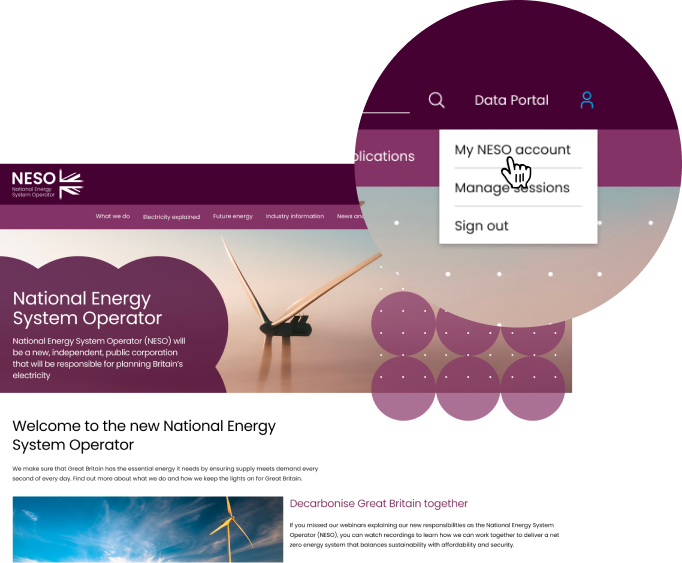Future of the Transmission Network Charging Methodology
Project summary
Transmission Network Use of System charges recover the annual cost of provision, maintenance, and upgrade of the electricity transmission system, levied on generators (c.£800m) and demand users (c.£2.7bn).
| Name | Status | Project reference number | Start date | Proposed End date |
|---|---|---|---|---|
| Future of the Transmission Network Charging Methodology | Complete | NIA2_NGESO039 | Jan 2023 | Jan 2025 |
| Strategy theme | Funding mechanism | Technology | Expenditure | Third Party Collaborators |
|---|---|---|---|---|
| Net zero and the energy system transition | NIA_RIIO-2 | Commercial, Electricity Transmission Networks | £500,000 | Frontier Economics |
Stakeholders have expressed concerns about these charges, in terms of cost reflectivity and unpredictability. This uncertainty is considered to hamper investment (renewables and emerging technologies), specifically in the context of the changing energy landscape and achieving decarbonisation goals in GB.
This project will explore the feasibility and impacts of future options for change to the transmission network charging methodology, so it sends meaningful long-term signals. This will allow users to make future investment decisions, to improve security of supply and facilitate the transition to Net Zero with benefits to consumers, local communities, and the environment.
Benefits
This project will investigate and put forward options for change to ensure the charging methodology is reflective of the current and emerging energy landscape. Identifying options to improve cost reflectivity, predictability and ensuring the methodology sends meaningful long-term signals will allow network users to make future investment decisions (both relating to emerging technology-based projects (such as storage) but also critical projects such as the Holistic Network Design (HND) which considers future generation out to 2030).
This will ultimately improve security of supply and support the transition to Net Zero and the achievement of GB decarbonisation goals.
Outcomes
At present this project is in working towards a conclusion. All analysis has been carried out by Frontier and is currently being assembled into Subgroup specific packs. Once this is completed all analysis will be published on the Charging futures website.
The analysis has helped identify potential options for reform that may improve cost reflectivity of charges and in some cases improve predictability (by removing elements of uncertainty) for investors.
A number of modifications have been raised:
CMP424 Scaling factors
CMP423 Generation weighted reference node
CMP432 Locational Onshore security factors
A further 6-7 Modifications are being worked on and are expected to be raise by the end of this year.
Lessons Learnt
As part of the project, we have learnt that there are significant benefits to ensuring that wider industry can learn about the work, provide robust and constructive challenge, and feedback on issues raised by the project as they arise which ultimately supports the project and its progression.
As such, we have ensured all documentation has been published, feedback mechanisms have been put in place to gather views from stakeholders throughout the process i.e., a dedicated email address for the work of the Task Force and this project managed by the secretariat, as well as use of other fora such as the Transmission Charging Methodologies Forum (TCMF) which has been used as a means to update on developments and ensure views are heard from various industry parties
| Name | Published |
|---|---|
| NIA Project Registration and PEA Document | 7 Feb 2023 |
| Annual Progress Report 2023 | 27 July 2023 |
| Annual Progress Report 2024 | 22 July 2024 |
